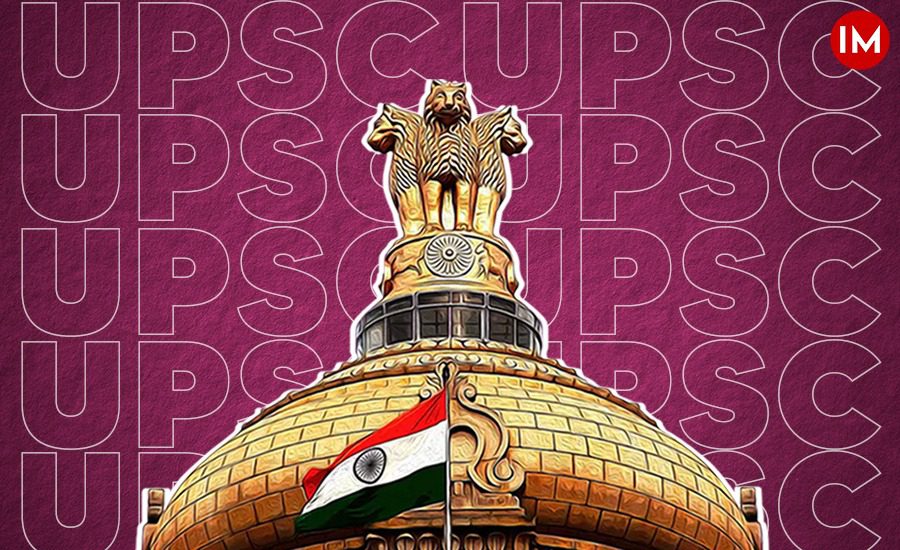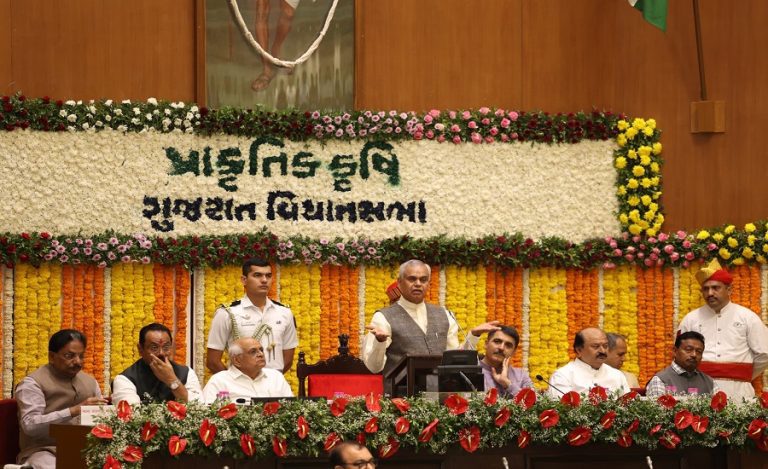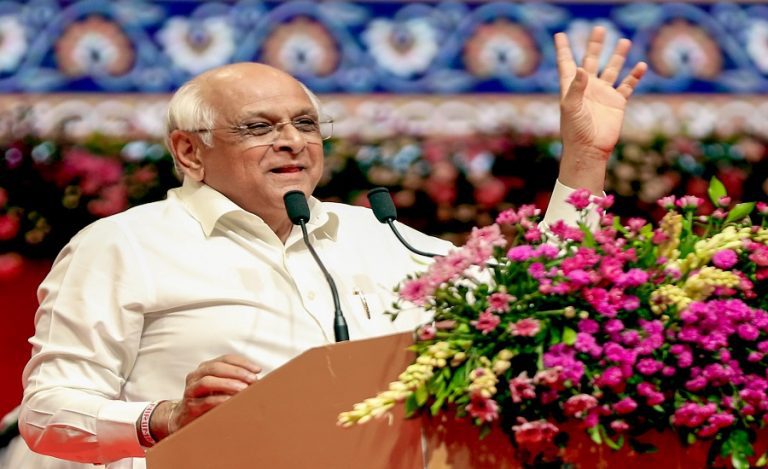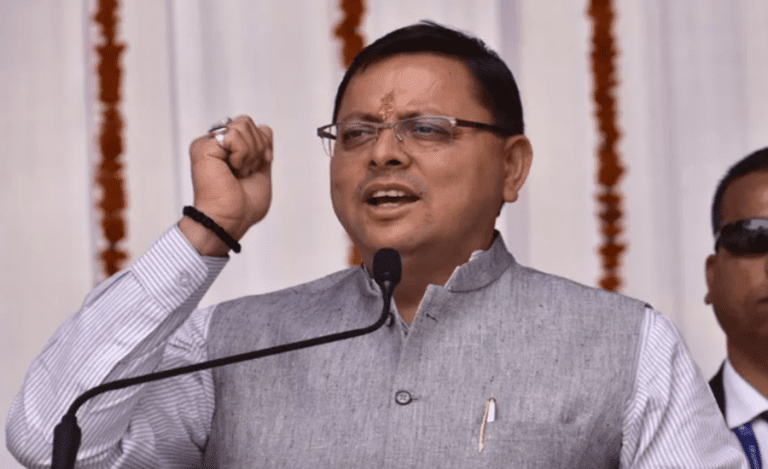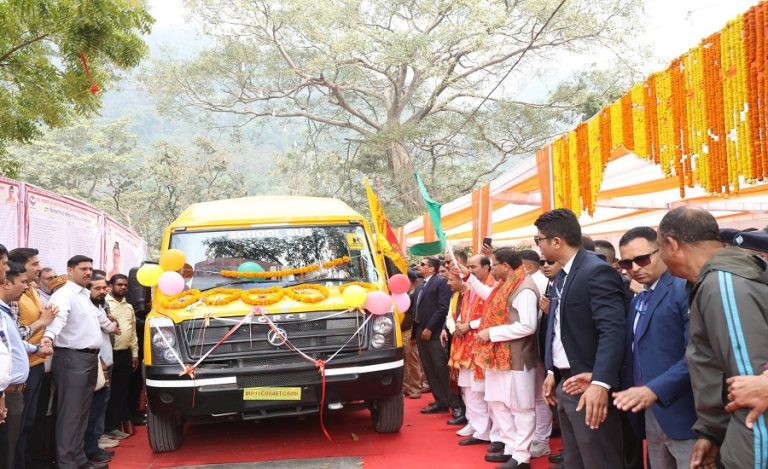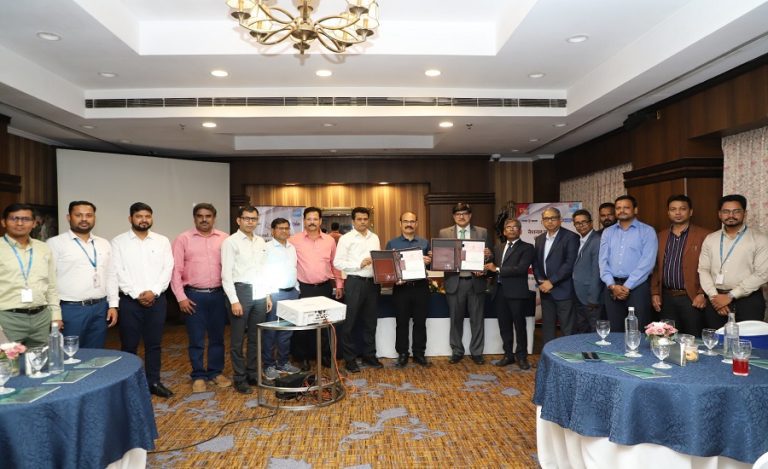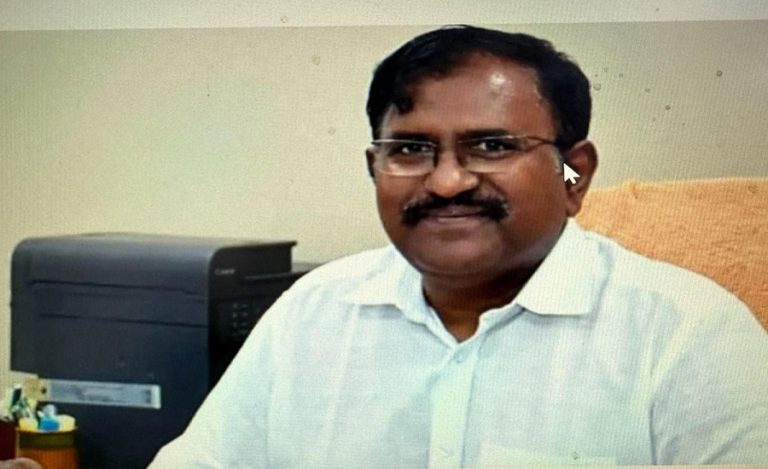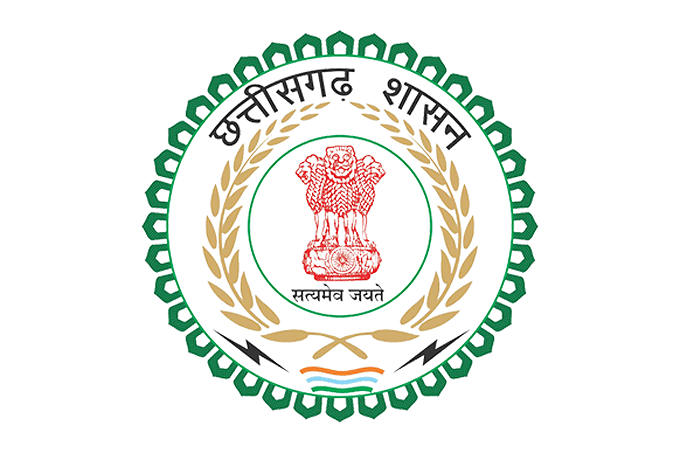New Delhi: Duvvuri Subbarao, former Governor of the Reserve Bank of India, has urged the government to undertake significant reforms in the recruitment process for India’s civil services. In an opinion piece published in an esteemed newspaper, Mr Subbarao proposed two major changes aimed at making the system more efficient and inclusive.
Mr Subbarao recommended reducing the maximum age limit and the number of attempts allowed for the UPSC Civil Services Examination (CSE). Currently, aspirants can take the exam up to six times between the ages of 21 and 32. He argued that this extended eligibility period leads many candidates to invest years in preparation with repeated failures, often at the cost of their productive years. “For every successful candidate, there are at least ten others who too have invested years in preparation but have failed to make the grade. They are back at square one. An abysmal waste of productive years?” he wrote.
Drawing from his own experience in the 1970s, when only two attempts were permitted within a narrower age band of 21 to 24 years, Subbarao suggested capping the attempts at three and the upper age limit at 27 years. He also expressed concern that multiple attempts tend to favor mastery of exam techniques over genuine merit, increasing the risk of selection errors.
To balance this, Subbarao proposed the introduction of a structured mid-career entry path into the Indian Administrative Service (IAS) for professionals aged 40 to 42. Unlike the current ad-hoc lateral entry system, this would be a permanent, competitive channel conducted by the UPSC, enabling experienced professionals to join the civil services with real-world exposure and governance insights.
“Tier 2 recruits will make up for these lacunae and make the civil service collectively more relevant and useful, and maybe even more caring,” he said.
However, Subbarao cautioned that the existing young aspirant entry route should not be phased out, emphasizing the importance of youthful energy and enthusiasm in the administration.
Concluding his article, Subbarao acknowledged improvements in the civil services exam over the past five decades but stressed that “there is still a need to push the envelope” to make recruitment more effective and meaningful.

